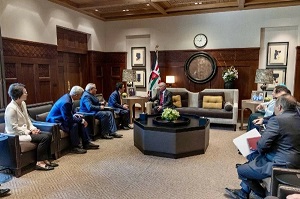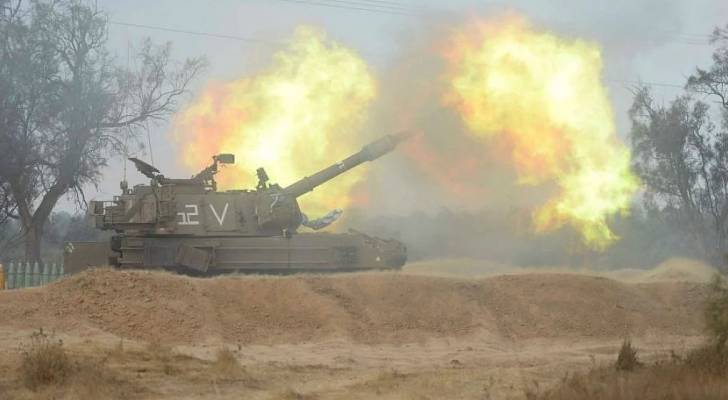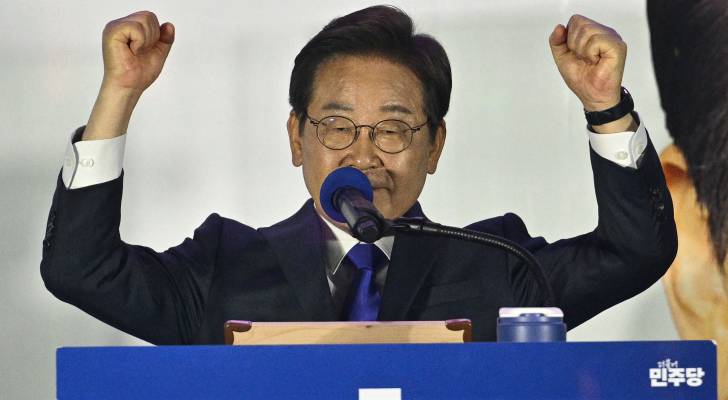The dilemma of reaching an agreement with Iran - By Amer Al Sabaileh, The Jordan Times
Iranian negotiations with the U.S. administration continue in pursuit of a preliminary agreement acceptable to Washington. Yet amid conflicting statements, some optimistic, others pessimistic, the prospect of achieving mutual understanding remains rather complex.
Despite the persistent optimism of President Trump’s Middle East envoy, Steve Witkoff, his attitude has be labelled as the “Witkoff syndrome,” there has been a tendency to seek quick wins in crises, even if only superficial, while the root complexities remain unresolved on the ground. This approach simplifies the region’s chronic issues to showcase a supposed breakthrough that is, in reality, a mere postponement of inevitable explosions. This is exactly how he handled negotiations with Russia: celebrating meetings with President Putin and promoting them as breakthroughs over Ukraine, only for tensions to return shortly after, culminating in Trump’s recent attacks on Putin via social media.
On the ground, Israel possesses the ability to escalate across multiple fronts. In Gaza, over recent weeks, it has worked to separate the humanitarian issues from the military ones, establishing aid distribution points under Israeli oversight while continuing its military operations unabated. In Lebanon, escalation persists along the border, with mounting pressure for disarmament of Hezbollah. This began with direct calls to disarm Palestinian factions under Hezbollah’s practical protection. Israel’s continued targeting operations within Lebanon, coupled with impending U.S. pressure to finalise Hezbollah’s disarmament, means this front remains dangerously open.
The end to the US targeting of the Houthis in Yemen, alongside Israeli advancement there, effectively transforms Yemen into an open front for Israel. From Israel’s perspective, Yemen is the final theatre of indirect confrontation with Iran before transitioning to direct targeting. Even Iraq remains caught in Israel’s crosshairs, seen as one of Iran’s last remaining logistical corridors. This explains the increasing Israeli strikes near the Syrian-Iraqi border, now under intense Israeli surveillance.
The Israeli ‘belief is clear: it is impossible to close all these fronts without delivering a real blow to Iran, one that cripples the regime’s capabilities, isolates it regionally, and forces it to face its mounting internal crises.
Therefore, even if a US-Iran agreement is reached, it will not resolve the crisis. The proposed truce in Gaza will not close the broader regional picture. The level of complexity is far too deep, and what Hook does or says cannot be seen as a real formula for solving these crises. Rather, it reflects a desire to wrap things up neatly under a certain narrative designed for President Trump, serving his image as a peacemaker, the man who stopped wars and built a new regional reality.
Between field realities and diplomatic gestures, one must understand: Iran comes to the table today after suffering heavy blows that dismantled its regional network and weakened its influence. These blows, accompanied by immense internal pressure, have deepened the domestic crisis on every level: social, economic, security, and political. Most significantly, the looming threat of unprecedented US military strikes adds a further layer of pressure.
Thus, any solution cannot be limited to the nuclear issue alone. Iran’s extravagant economic offers to the U.S., framed in trillion-dollar language, do not truly address the core regional and political complexities rooted in Tehran’s policies. Any agreement that does not consider closing the open fronts and presenting tangible, realistic solutions will fail to end the regional crisis. The explosion of multiple fronts, Lebanon, Syria, and even the West Bank, may become inevitable. Iran itself will not remain immune to direct targeting, and prolonging the negotiations increases the likelihood of that happening. Indeed, the failure of talks may well mark the beginning of a far more complex internal Iranian crisis.




